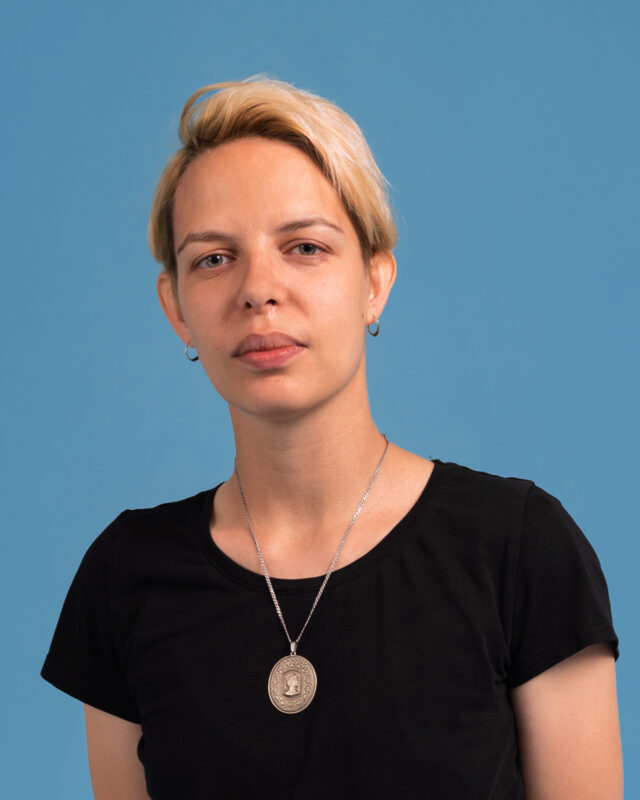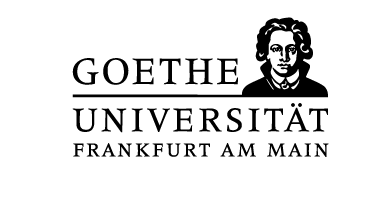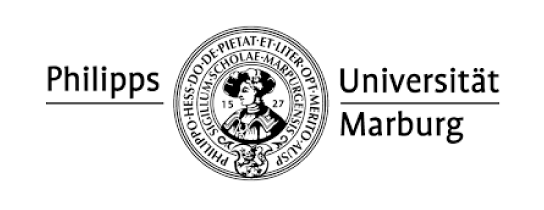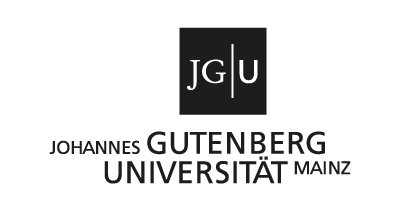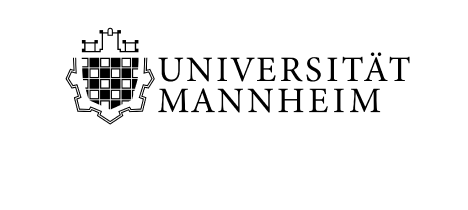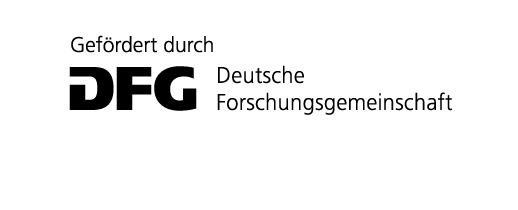Cinema on Wheels: Rural Film Distribution and Exhibition in ’20-30s Ussr
The slogan “film for the sowing campaign” appeared in Soviet newspapers at the end of the 1920s as a call to mobilize cinema in support of forced collectivization during the First Five-Year Plan (1928–1932). It soon migrated into production planning documents and agitators’ guidelines, evolving into a capacious category that encompassed both propaganda and instructional films on agriculture and the practice of “site-based screenings” staged directly beside the fields and worksites they sought to transform. To meet this demand, a large number of one-reel films were produced, often reassembled from earlier footage. This project approaches them as “useful cinema” examining them in relation to the institutional conditions of their production, circulation, and exhibition.
The dissertation asks how cinema became an instrument of both ideology and economy, focusing on its embedding in training programs, agitational routines, and pedagogical curricula. In this context, film is understood not simply as an object, but as “dispositif of planning”, a projection of collectivization, tasked with mastering rural space and cultivating both the land and the viewer.
Reflecting the contours of a state project in the process of formulation and “work-in-progress”, “useful cinema” proved to be a precarious category and unstable material. Instructional and agitational films on collectivization were repeatedly re-edited, repurposed, or reframed through oral accompaniment; many remained incomplete or unreleased, yet nonetheless circulated as units of planning and bureaucratic reporting. These fragile regimes of circulation and traces of institutional treatment form the object of this study, which examines cinema as unstable material produced for unstable policy, and as a dispositif of planning that projected state power onto unsettled terrains of transformation.
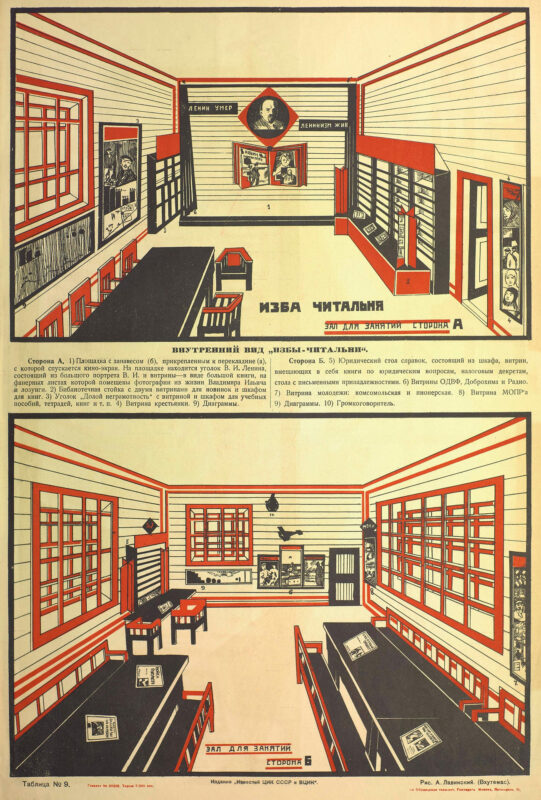
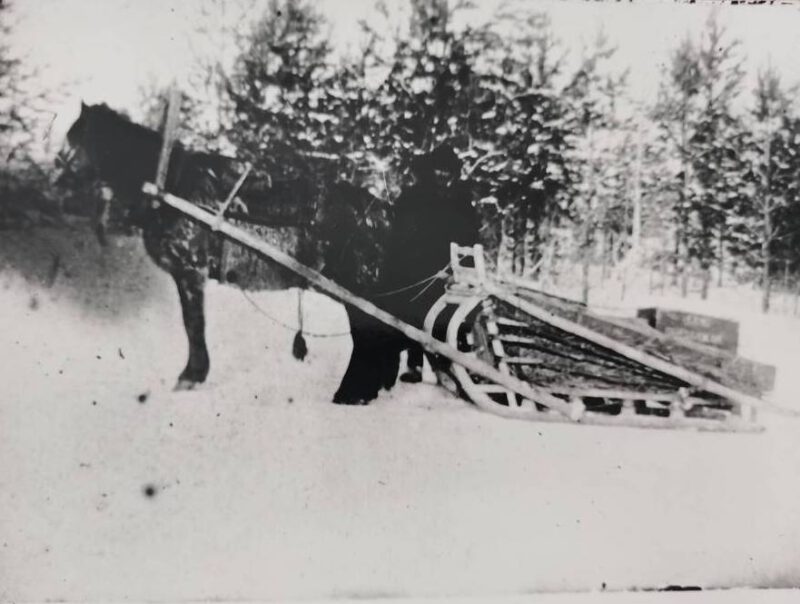
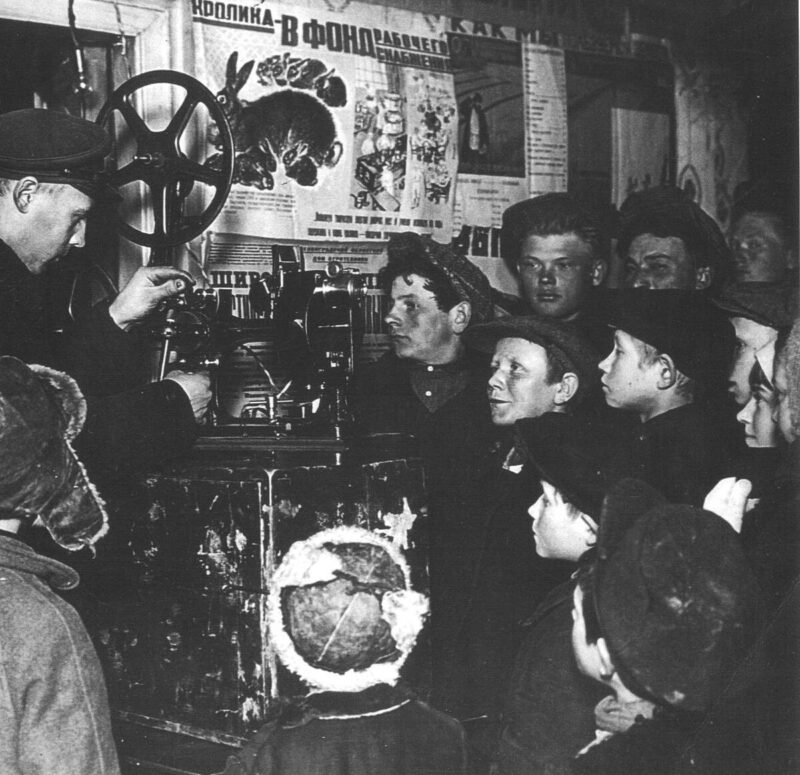
Profile
Victoria Elizarova is a PhD candidate at the graduate program “Configurations of Film” at Goethe University, Frankfurt. She received her B.A. and M.A. in Film Studies from Gerasimov Institute of Cinematography VGIK, Moscow. She worked as research assistant in film archive Gosfilmofond of Russia, acting as curator of film collection. She contributed as programmer and selector to the number of festivals. Her research interests include film cultures, post-colonialism as well as amateur and non-theatrical film forms.
